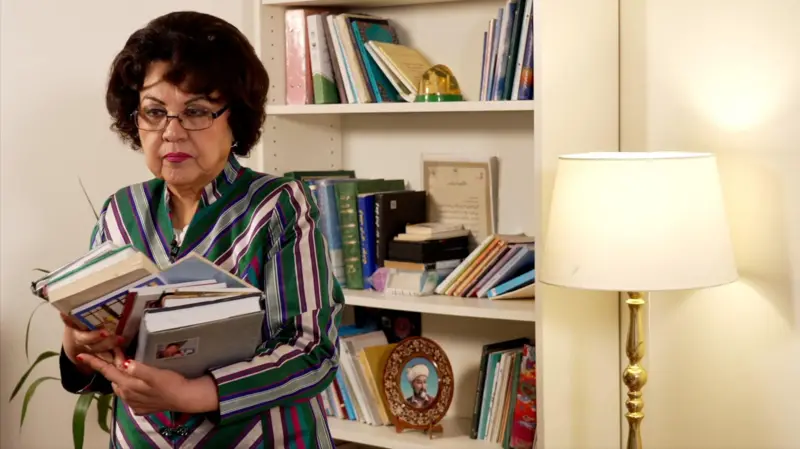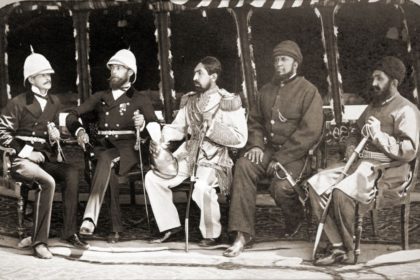RASC News Agency: Systematic linguistic discrimination and the Taliban’s suppressive stance toward Afghanistan’s diverse languages have placed several linguistic communities under existential threat. Among them, Uzbek-language scholars and writers express profound dismay over the Taliban’s policies, fearing that the development and preservation of their language are now at serious risk. Shafiqa Yariqin Dibaj, a renowned poet, writer, translator, and author of the first Uzbek-Persian dictionary, argues that the Taliban’s language policies are deliberately aimed at discouraging Uzbek youth from embracing their mother tongue.
She emphasizes that the Taliban’s systemic marginalization of non-Pashto languages is causing linguistic alienation among the younger generation, depriving them of opportunities to safeguard and promote their linguistic heritage. Scholars and cultural activists have voiced grave concerns about the future of the Uzbek language in Afghanistan. Yariqin warns that by shutting down Uzbek-language departments in universities and removing Uzbek-language education from schools, Afghanistan is being pushed back to an era where literacy among Uzbek speakers was virtually non-existent. She believes the Taliban’s policies pose an existential threat to the Uzbek language and risk erasing its presence from public education and intellectual discourse.
Several Uzbek-language intellectuals argue that the Taliban’s policies align with a broader agenda of linguistic homogenization, systematically seeking to eliminate non-Pashto languages from Afghanistan’s national identity. They believe the Taliban are focusing all institutional support on the Pashto language, while actively undermining other linguistic communities. The first official introduction of Uzbek-language education in Afghanistan dates back to 1978, under the administration of the People’s Democratic Party of Afghanistan (PDPA). At the time, the Ministry of Education published Uzbek-language textbooks and introduced Uzbek as a medium of instruction in schools across Uzbek-majority regions.
However, since their return to power, the Taliban have intensified their discriminatory linguistic policies, including the systematic removal of Persian-language signboards and inscriptions. These actions have heightened fears that the Uzbek language may face a similar fate, further accelerating the Taliban’s agenda of linguistic erasure in Afghanistan.






